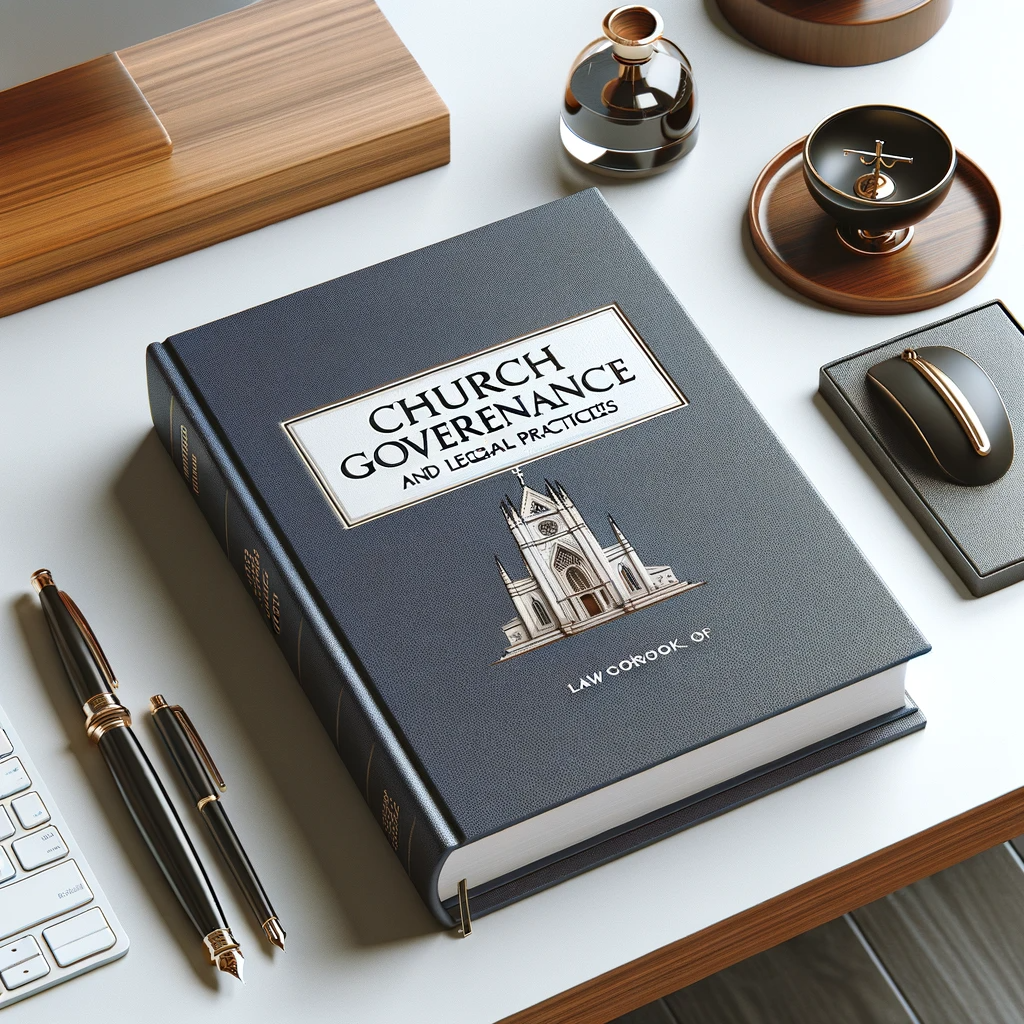January 26, 2024

Recently, we have seen an increase in lawsuits brought by members of congregations against their churches as well as disputes between church Board members over invalid appointments. Proper structuring and timely filing of an institution’s governing documents in addition to cohesive asset transfers can mitigate the risk of litigation while maintaining an institution’s missional purpose.
An institution may choose to file governing documents with the Secretary of State, including articles of incorporation and/or by-laws. It is important for churches to think about how they want to define the term, “member” within their governing documents. Churches may want to consider establishing criteria for membership, such as waiting periods (e.g., three months of church attendance) or geographical factors (e.g., residing within a certain distance from the church). Conversely, they may want to limit the term, “member” to an individual who serves on the Board of Directors. If an institution’s governing documents provide for a Board of Directors and/or Committees, there should be defined qualifications for serving and an explicitly defined process for the appointment or election of these Board members and/or Committee members. Providing a clear definition of membership may aid in establishing a person’s standing for filing a lawsuit related to a breach of the governing documents. (Cal. Corp. Code, §§ 5710; 7710; 9142; 9223.)
Moreover, churches should consider whether voting powers and other rights are vested solely in a Board of Directors or in regular church attendees who are classified in the governing documents as “members.” Churches can do so by devoting sections of their governing documents to “Powers” and “Voting Rights” of members. (Cal. Corp. Code, § § 9132(c); 9153.) Governing documents may also place limitations on powers, accounting for the removal of a Board member from his or her position, among other restrictions. (Cal. Corp. Code, § 9220(a).) Provisions regarding affirmative powers and any limiting principles can aid courts in determining whether a Board of Directors adopted an improper vote, appointment, or amendment in violation of an organization’s governing documents.
Further, it is vital to adopt an express procedure for amending governing documents, such as by a majority vote of an organization’s members. (Cal. Corp. Code, § 9140(b).) An amendment may entail something simple, such as an organization’s name change, or something more complex, such as a change in the procedure for establishing membership. Once an amendment is made on paper, it is important to timely file this amendment with the Secretary of State. The timely filing of an amendment(s) is critical in preventing the filing of an earlier amendment by a unilaterally appointed Board member who attempts to change the membership procedures to confirm his or her invalid appointment.
An organization may also want to consider providing a provision in its governing documents regarding dissolution and the marshalling of its assets. (Cal. Corp. Code, § 9680.) A dissolution provision may be useful when a church leader retires, resigns, or decides to disaffiliate with an individual church or national church body and plant a new church. A clearly defined procedure for dissolution can also limit court involvement in determining how and to whom a church’s assets should be distributed upon closure. Finally, any transfer of real property (including a church building) by a written instrument, such as a grant deed, should be timely and properly recorded with the County Recorder’s Office to eliminate future title issues.
Overall, it is imperative for founders and incorporators of churches to take proactive legal measures in classifying membership and securing their assets not only to prevent future issues of liability and legal standing, but also to benefit their congregation in providing sound organizational leadership.
Disclaimer: This marketing material is provided by Tyler Law, LLP for informational purposes only and is not intended to be legal advice or to create an attorney-client relationship. The information contained in this material is not guaranteed to be current or complete and should not be relied upon as such. The material is not meant to provide any representation or warranty regarding the outcome of any legal matter. Any reliance on the information provided in this material is done at your own risk. If you require legal advice, please contact an attorney licensed to practice law in your jurisdiction. Nothing in this material shall be construed as a guarantee, warranty, or prediction regarding the outcome of any legal matter. Tyler Law, LLP is a California-based law firm authorized to practice law in California, Arizona, Oregon, and Arkansas and is not licensed to practice law in any other jurisdiction.
January 26, 2024
Church Litigation Prevention: A Quick Guide to Structuring and Protecting Your Religious InstitutionLearn about key legal aspects such as defining membership, managing board responsibilities, amending governing documents, and handling property transfers. This comprehensive resource provides churches and nonprofit organizations with essential strategies to mitigate litigation risks and maintain their missional purpose.
December 8, 2023
Senate Bill 4 in Action: Transforming Faith Lands into Affordable Housing HavensExplore how the "Affordable Housing on Faith and Higher Education Lands Act of 2023" is revolutionizing affordable housing development in California. Learn about streamlined processes for faith-based organizations, challenges in zoning and land use, and the groundbreaking solutions provided by Senate Bill 4. Essential reading for religious institutions, nonprofit developers, and community stakeholders interested in affordable housing projects.
October 2, 2023
Religious Beliefs Triumph Over Nondiscrimination Laws: The 303 Creative DecisionExplore the implications of the Supreme Court's 303 Creative decision on religious organizations. Understand the balance between public accommodations laws and First Amendment rights, and how this affects churches and religious nonprofits.